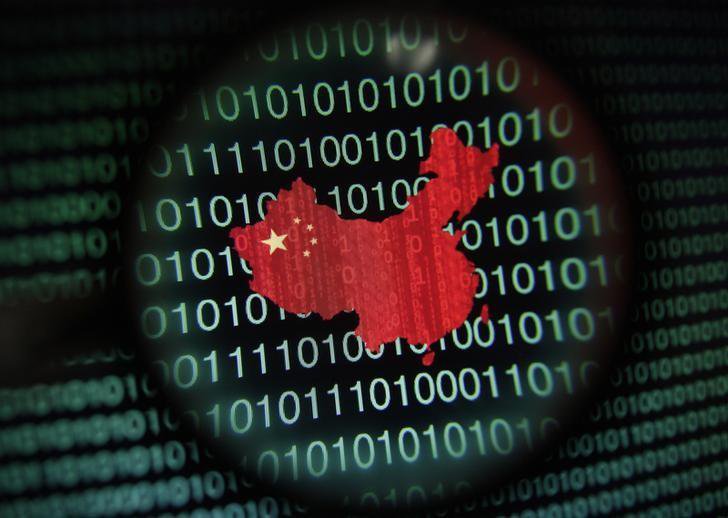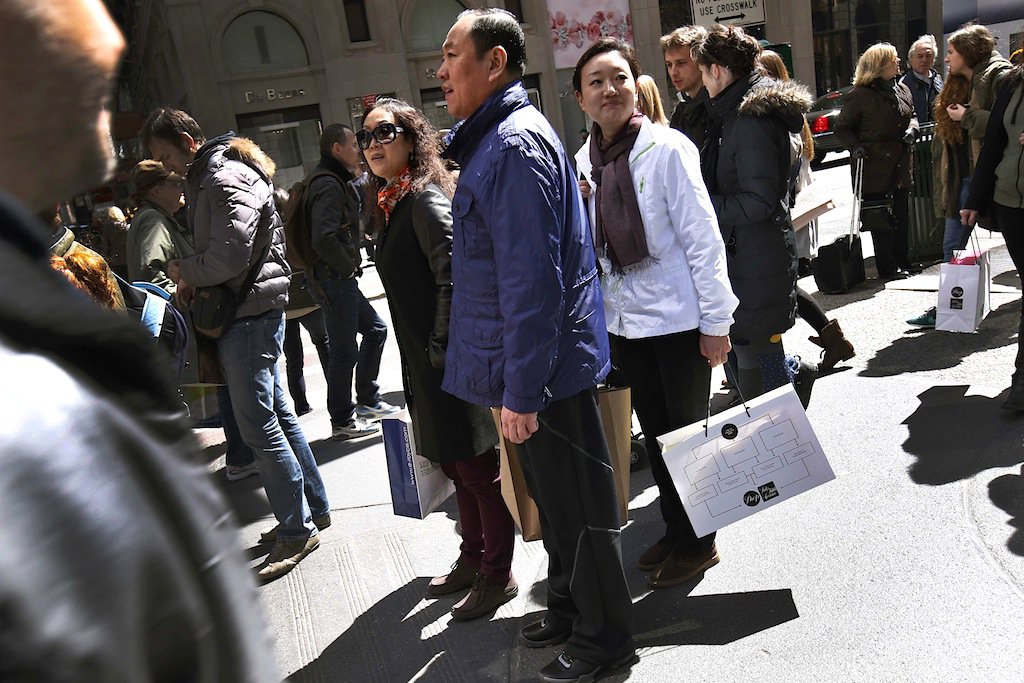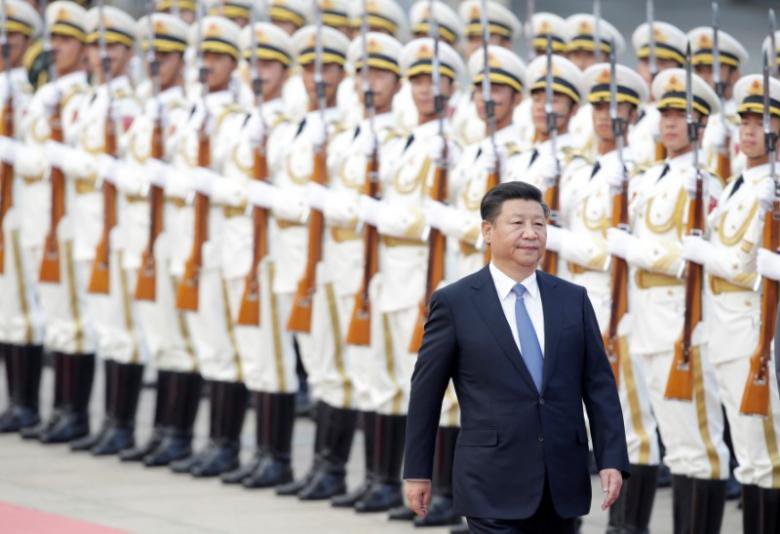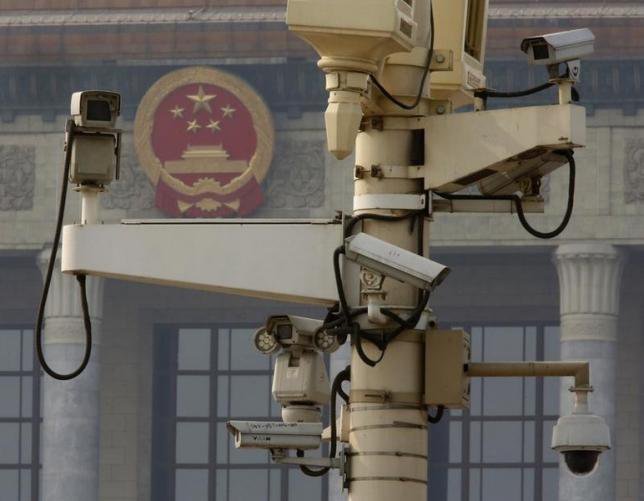Recently, China released a draft of the 13th Five-Year-Plan which, among other things, mentioned the ‘social credit system’, a new system of government surveillance of citizens intended allegedly to improve the fledgling economy by improving the morality of the people.
Now, it has released a draft of what this system might look like.

What is the Social Credit System
In simple terms, it is a mode of pervasive surveillance, wherein the Chinese government would keep credit scores of each individuals. These personal rating scores would determine citizens to apply for or avail facilities and services such as loan applications, availing government sponsored medical and social services and even en try at luxury hotels and air passage, among other things.
The ratings would be calculated on the basis of three broad categories of behaviour and infractions would lead to subtraction in credit points from a citizen’s personal score. The three categories include financial behaviour (paying bills, premiums etc on time) , social behaviour (generosity for family, honest payment for public transport, good traffic behavior, volunteerism) and other online behaviour (shopping behaviour, interactions with other netizens etc).
How will it work?
Those with higher credit scores shall be awarded ‘green lanes’, which is like a special pass enabling government service etc. Infractions, on the other hand, may lead to blacklisting, in which case a citizen will be denied particular services or ability. As the blueprint only gives three vague categories of possible infractions, it is as yet unclear as to what infraction would lead to what kind of censure.

It is different from the financial credit rating the the US Government follows, which only holds financial infractions accountable for denial of certain services such as loan sanctions. But Chinese system is a much more pervasive system which aims to follow even the social day-today of its citizens.
According a report in Business Insider, it provides a numerically calculated ‘trustability score’, which is like a total of legal credit, politica credit, financial credit and social credit, all rolled into one.
Lawyers, teachers, accountants and journalists would allegedly be kept under stricter strictly as their jobs are deemed more ‘sensitive’.
If President Xi Jinping has his way, by 2020 every Chinese citizen will have a social credit number.

How will government collect data?
According a report in Wall Street Journal, over three dozen local governments in China have already started the humongous task of collating personal data.
But to collect the data of almost 1.4 billion people, China would need to take some massive technological and bureaucratic leaps.
China has plans to use ‘Big Data’ to collate these intensive credit lists of people. According to a report in BBC, the government has roped in Sesame Credit, the financial wing of tech giant Alibaba, along with other companies, for preparing credit scores of its consumers ( Alibaba alone has 400 million users)

Several offices in locations across China have been collecting information and creating lists since mid 2015 since the plan was first announced in 2014.
The rationale
The apparent idea is that the ratings system will act as an incentive for Chinese citizens to behave better, both economically and socially. Chinese President Xi Jinping claims that this step in ‘social governance’ and that the move will help eliminate risks and ensure that those who live by the rules shall reap the rewards while unlawful or unscrupulous people will suffer.
Why it might be a problem

Critics argue that the credit ratings system is just a new way for the Chinese government, which is notorious for its invasive ‘Dangan’ system (keeping tabs on all citizens for life), to invade individual citizen privacy. Many have referred to the system as Orwellian in nature and that the clampdown or ‘Digital Dangan’ could lead to serious violation of individual freedom.
Feature Image Source: Reuters

















